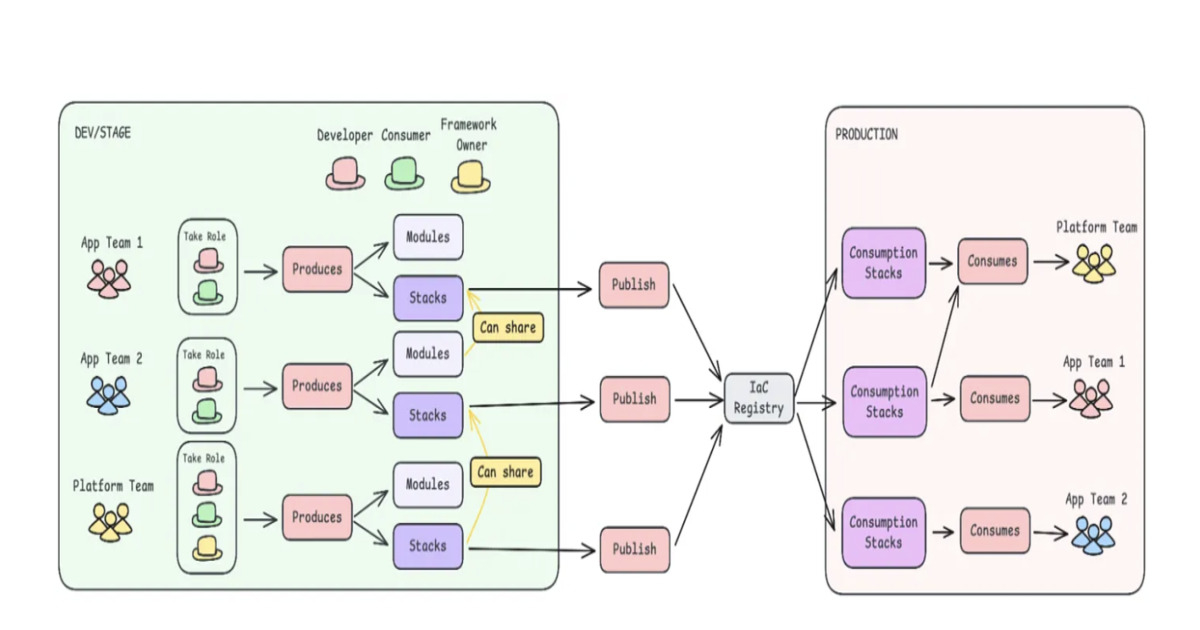Codetown
Codetown ::: a software developer's community
Anyone had experience with time-saving toolkits for Mobile Development?
I've done both iOS programming for iPad/iPhone and Android programming. All in the native platforms - Objective-C for iOS and Java for Android. Conversion between the two is much easier than porting to basic or an other non-C-derived language, but still takes no small amount of effort.
There are toolkits that claim to make the development and porting much easier. Specifically, MonoTouch by Novel and a tool called Sencha-touch.
Does anyone have an experience with these?
My past experience with toolkits that claim to save time has been much to the opposite. Generally there is less initial development time, but maintainence becomes clumsy and cumbersome.
Any thoughts?
Tags:
Replies to This Discussion
-
Permalink Reply by Kevin Neelands on May 28, 2012 at 8:28am
-
Have you used phonegap? And if you did. did it save man-hours in the long run?
-
-
Permalink Reply by Richard Dean on May 28, 2012 at 11:17am
-
Yes, I would also like to hear about other's experience with PhoneGap.
Kevin Neelands said:Have you used phonegap? And if you did. did it save man-hours in the long run?
-
-
Permalink Reply by Jackie Gleason on May 28, 2012 at 2:10pm
-
Phone gap and titanium are good although you would have to follow their convention. I would say givin you are used to working in a c-based language you just use c then just implement the UI in objective-c or java. Or even better use a open gl es based UI library then it will run on both (basically what some frameworks do). I have been toying lately with the idea of using node native modules compiled for arm but I am still working on that.
P.S. you can compile objective c natively on android but not all the cocoa libraries (uikit) are open sourced yet. -
-
Permalink Reply by Vlad Sanchez on May 28, 2012 at 2:21pm
-
Check out Corona. Although it is mostly used for game development, I've known many people using it for database applications lately. I've attended their last Meetup and it was an inspiring experience.
I personally was looking to overcome the fragmentation issues. After the meetup I realized there are no silver bullets. It's even a topic many people avoid talking about.
I hope this helps. Try Corona, it's free to try and very cheap to use commercially.
-
-
Permalink Reply by Jackie Gleason on May 28, 2012 at 6:36pm
-
Corona looks interesting but -1 for needing to buy and -1 for not having a responsive website
-
Notes
Welcome to Codetown!
 Codetown is a social network. It's got blogs, forums, groups, personal pages and more! You might think of Codetown as a funky camper van with lots of compartments for your stuff and a great multimedia system, too! Best of all, Codetown has room for all of your friends.
Codetown is a social network. It's got blogs, forums, groups, personal pages and more! You might think of Codetown as a funky camper van with lots of compartments for your stuff and a great multimedia system, too! Best of all, Codetown has room for all of your friends.
Created by Michael Levin Dec 18, 2008 at 6:56pm. Last updated by Michael Levin May 4, 2018.
Looking for Jobs or Staff?
Check out the Codetown Jobs group.
InfoQ Reading List
Google Launches Automated Review Feature in Gemini CLI Conductor

Google has enhanced its Gemini CLI extension, Conductor, by adding support for automated reviews. The company says this update allows Conductor "to go beyond just planning and execution into validation", enabling it to check AI-generated code for quality and adherence to guidelines, strengthening confidence, safety, and control in AI-assisted development workflows.
By Sergio De SimoneFrom Central Control to Team Autonomy: Rethinking Infrastructure Delivery

Adidas engineers describe shifting from a centralized Infrastructure-as-Code model to a decentralized one. Five teams autonomously deployed over 81 new infrastructure stacks in two months, using layered IaC modules, automated pipelines, and shared frameworks. The redesign illustrates how to scale infrastructure delivery while maintaining governance at scale.
By Leela KumiliGoogle Publishes Scaling Principles for Agentic Architectures

Researchers from Google and MIT published a paper describing a predictive framework for scaling multi-agent systems. The framework shows that there is a tool-coordination trade-off and it can be used to select an optimal agentic architecture for a given task.
By Anthony AlfordGoogle Cloud Brings Full OpenTelemetry Support to Cloud Monitoring Metrics

Google Cloud recently unveiled broad support for the OpenTelemetry Protocol (OTLP) in Cloud Monitoring, marking a step toward unifying telemetry collection across its observability stack.
By Craig RisiAWS Launches Agent Plugins to Automate Cloud Deployment

AWS launched Agent Plugins for AWS, providing AI coding agents with specialized deployment skills. The initial deploy-on-aws plugin transforms workflows by accepting commands like "deploy to AWS" and generating complete pipelines with architecture recommendations, cost estimates, and infrastructure code. Supported in Claude Code and Cursor, AWS claims 10-minute deployments versus hours manually.
By Steef-Jan Wiggers
© 2026 Created by Michael Levin.
Powered by
![]()